- Chinese
- French
- German
- Portuguese
- Spanish
- Russian
- Japanese
- Korean
- Arabic
- Irish
- Greek
- Turkish
- Italian
- Danish
- Romanian
- Indonesian
- Czech
- Afrikaans
- Swedish
- Polish
- Basque
- Catalan
- Esperanto
- Hindi
- Lao
- Albanian
- Amharic
- Armenian
- Azerbaijani
- Belarusian
- Bengali
- Bosnian
- Bulgarian
- Cebuano
- Chichewa
- Corsican
- Croatian
- Dutch
- Estonian
- Filipino
- Finnish
- Frisian
- Galician
- Georgian
- Gujarati
- Haitian
- Hausa
- Hawaiian
- Hebrew
- Hmong
- Hungarian
- Icelandic
- Igbo
- Javanese
- Kannada
- Kazakh
- Khmer
- Kurdish
- Kyrgyz
- Latin
- Latvian
- Lithuanian
- Luxembou..
- Macedonian
- Malagasy
- Malay
- Malayalam
- Maltese
- Maori
- Marathi
- Mongolian
- Burmese
- Nepali
- Norwegian
- Pashto
- Persian
- Punjabi
- Serbian
- Sesotho
- Sinhala
- Slovak
- Slovenian
- Somali
- Samoan
- Scots Gaelic
- Shona
- Sindhi
- Sundanese
- Swahili
- Tajik
- Tamil
- Telugu
- Thai
- Ukrainian
- Urdu
- Uzbek
- Vietnamese
- Welsh
- Xhosa
- Yiddish
- Yoruba
- Zulu
- Kinyarwanda
- Tatar
- Oriya
- Turkmen
- Uyghur

China forged t bolt
The Intricacies of China Forged T Bolt Manufacturing
Forged T bolts from China are often mentioned in industrial circles, but misconceptions are rampant. These aren't just simple fasteners; their production involves a nuanced process, often misunderstood by those outside the field.
Understanding the Basics of Forging
When we talk about the China forged T bolt, what sets it apart from other bolts is the forging process. Unlike casting, forging involves shaping metal using compressive forces, which enhances the material's strength. It's akin to hammering out impurities - quite literally.
Having spent years working closely with suppliers like Handan Zitai Fastener Manufacturing Co., Ltd., accessed via their site zitaifasteners.com, I've observed that many overlook the importance of choosing the right steel. A specific alloy might fit one application but be entirely unsuitable for another.
One common misstep is underestimating the significance of grain structure in the bolt's final strength. Through precision forging, Handan Zitai optimizes the metal's microstructure, yielding superior tensile properties. This attention to detail is what transforms a basic component into a reliable element of construction and machinery.
Production Challenges and Solutions
Speaking of challenges, perhaps the most underestimated one is maintaining consistency across batches. Even a slight deviation can lead to significant discrepancies in durability, especially in critical applications. Maintaining this consistency is where experienced manufacturers stand out.
Consider the heating process. It needs precise control to ensure the metal reaches the ideal pliable state without compromising its integrity. I've watched teams tweak furnace settings to accommodate slight temperature variations - a subtle adjustment, yet crucial.
Once forged, another layer of complication arises with threads. Imperfect threading can be the undoing of the entire bolt. The threading process at Handan Zitai involves advanced machinery calibrated for minute precision to avoid these pitfalls.
Importance of Quality Testing
No discussion on China forged T bolt is complete without addressing quality control. Each bolt undergoes rigorous testing protocols. From tensile strength to surface quality checks, the process is exhaustive.
What usually surprises newcomers is the variety of environmental simulations these bolts are subjected to. Salt spray tests, for instance, are crucial for bolts used in marine environments. Failing to simulate these conditions can lead to premature failure in real-world use.
In this regard, Handan Zitai Fastener Manufacturing Co., Ltd. prides itself on its thorough testing facilities, ensuring that products meet international standards and withstand the rigors of diverse applications.
On-Site Insights: Visiting a Factory
Visiting a factory can be eye-opening. The cacophony of machines, the rhythmic hum of production lines, and the ever-present scent of metal shavings remind you that fasteners, though small, demand significant engineering prowess.
During a visit to Handan Zitai, I witnessed firsthand the seamless integration of traditional forging techniques with modern technology. It's this blend that allows for efficient, large-scale production without sacrificing quality.
Human touch, though limited, still plays a crucial role. Inspectors scrutinize each batch, their trained eyes catching inconsistencies that machines might miss - a testament to the blend of artisanal skill and industrial advancement.
Future Trends in Fastener Manufacturing
Looking ahead, the fastener industry in China is poised for advancements. There's growing interest in environmentally friendly production methods - reducing the carbon footprint without compromising product strength.
Furthermore, innovations in material science may soon offer alternatives to traditional steel alloys. These materials could provide enhanced properties, opening new doors for T bolt applications.
Overall, manufacturers like Handan Zitai are at the forefront, adapting to these changes while maintaining the quality that made China a leader in fastener production. Visiting their website offers a glimpse into the evolving landscape and promises of tomorrow's industry standards.
Related products
Related products
Best selling products
Best selling products-
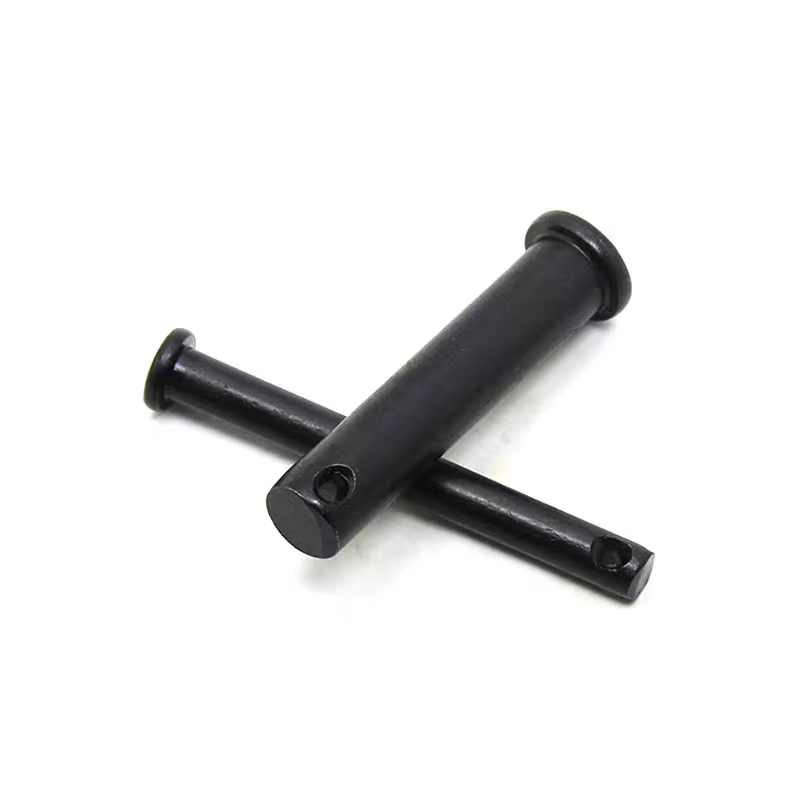 Black zinc plated pin shaft
Black zinc plated pin shaft -
 Electroplated galvanized gaskets
Electroplated galvanized gaskets -
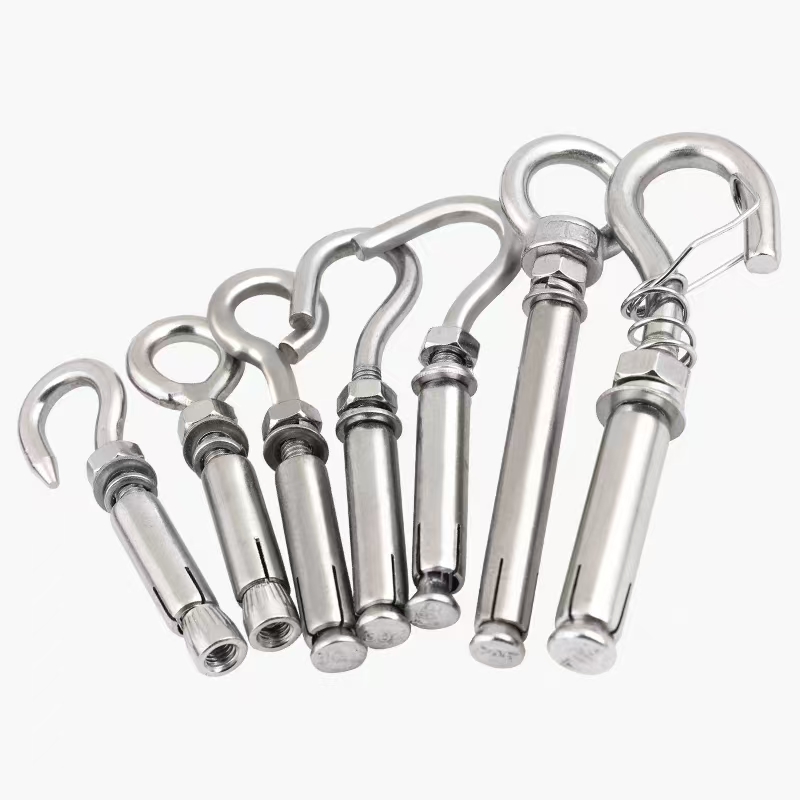 Electro-galvanized expansion hook
Electro-galvanized expansion hook -
 Electrogalvanized nuts
Electrogalvanized nuts -
 Black zinc plated countersunk cross bolts
Black zinc plated countersunk cross bolts -
 Hexagon socket electrogalvanized bolts
Hexagon socket electrogalvanized bolts -
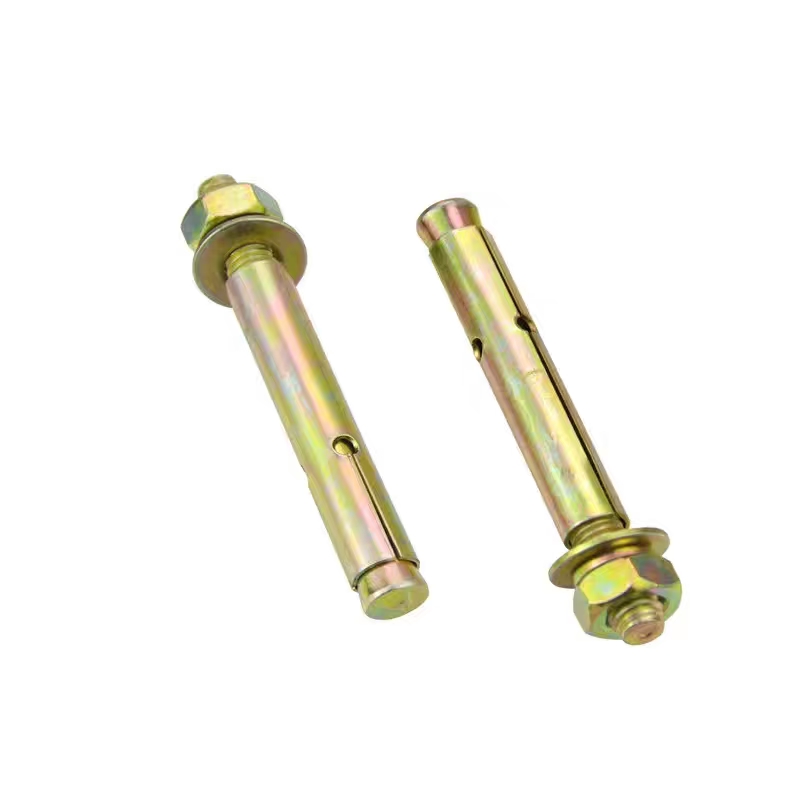 Colored zinc-plated expansion bolts
Colored zinc-plated expansion bolts -
 Stud bolts
Stud bolts -
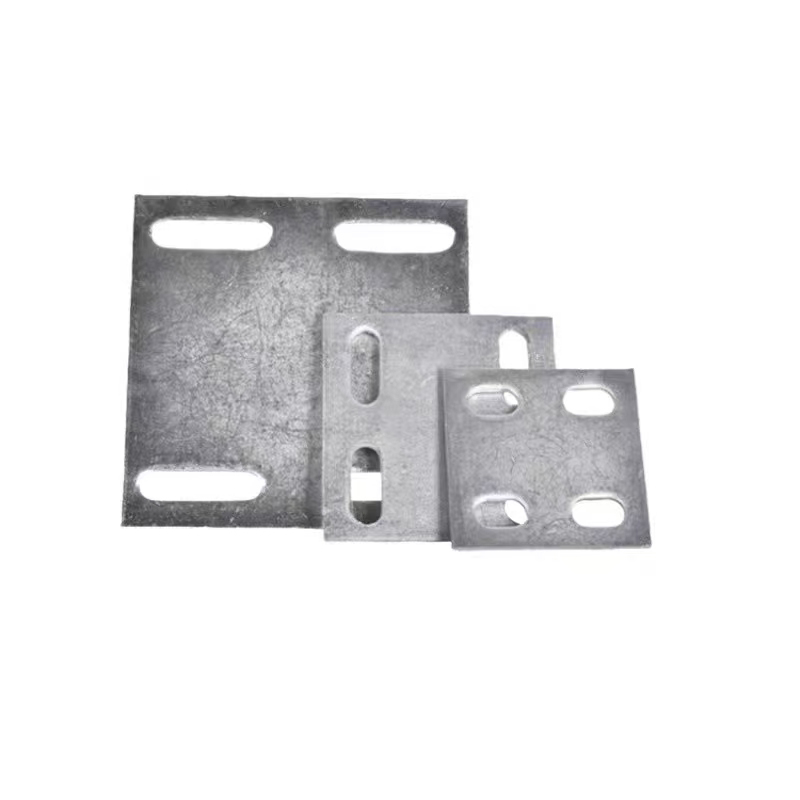 Hot-dip galvanized embedded plate
Hot-dip galvanized embedded plate -
 Hexagon socket hot-dip galvanized bolts
Hexagon socket hot-dip galvanized bolts -
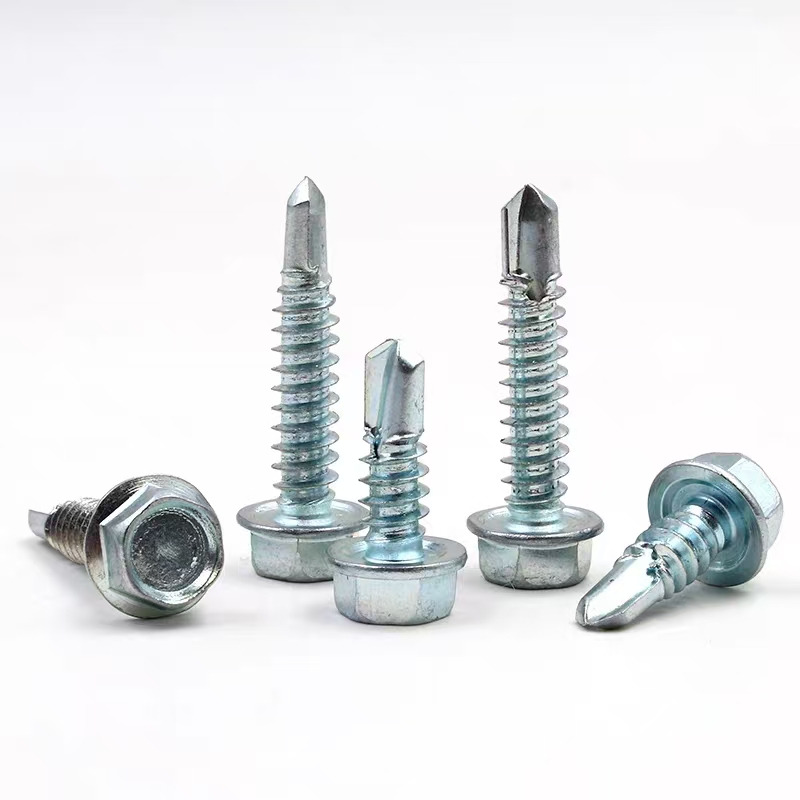 Electro-galvanized hexagonal drill thread
Electro-galvanized hexagonal drill thread -
 Electrogalvanized hinge bolts
Electrogalvanized hinge bolts














